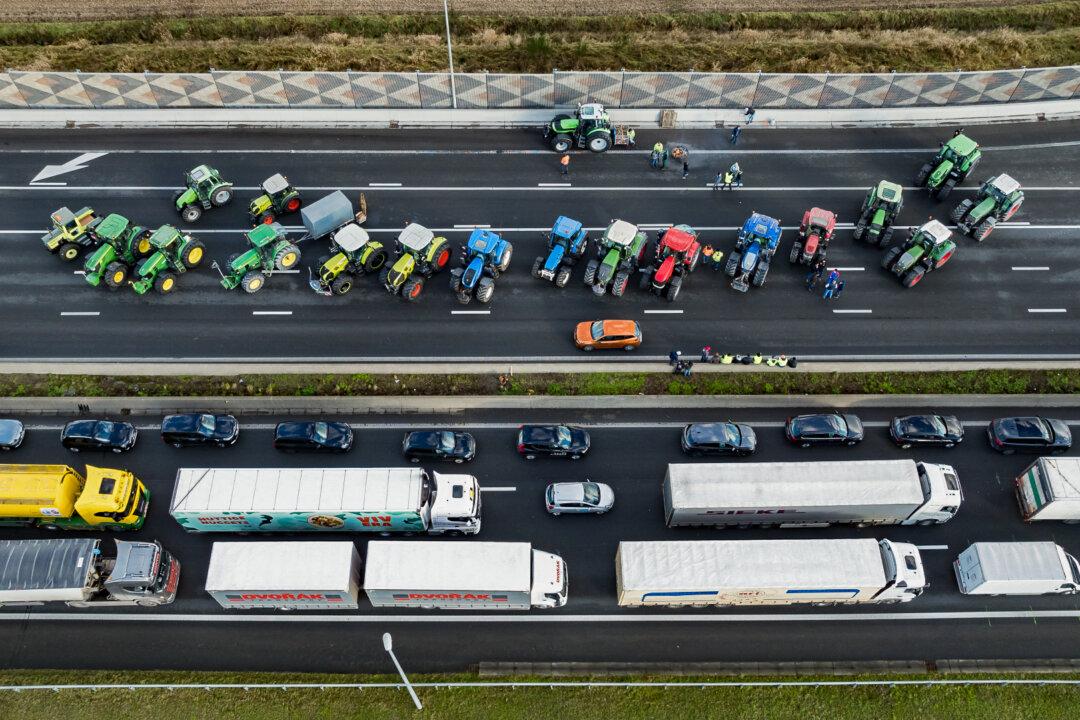Polish farmers from the Solidarity trade union plan a general strike starting this Friday with a blockade of border crossings between Poland and Ukraine, joining similar protests all over Europe.
The presiding officers of the farmers’ trade union “Solidarity” unanimously adopted a resolution on Wednesday announcing a general strike of farmers throughout the country, according to a union’s statement.





